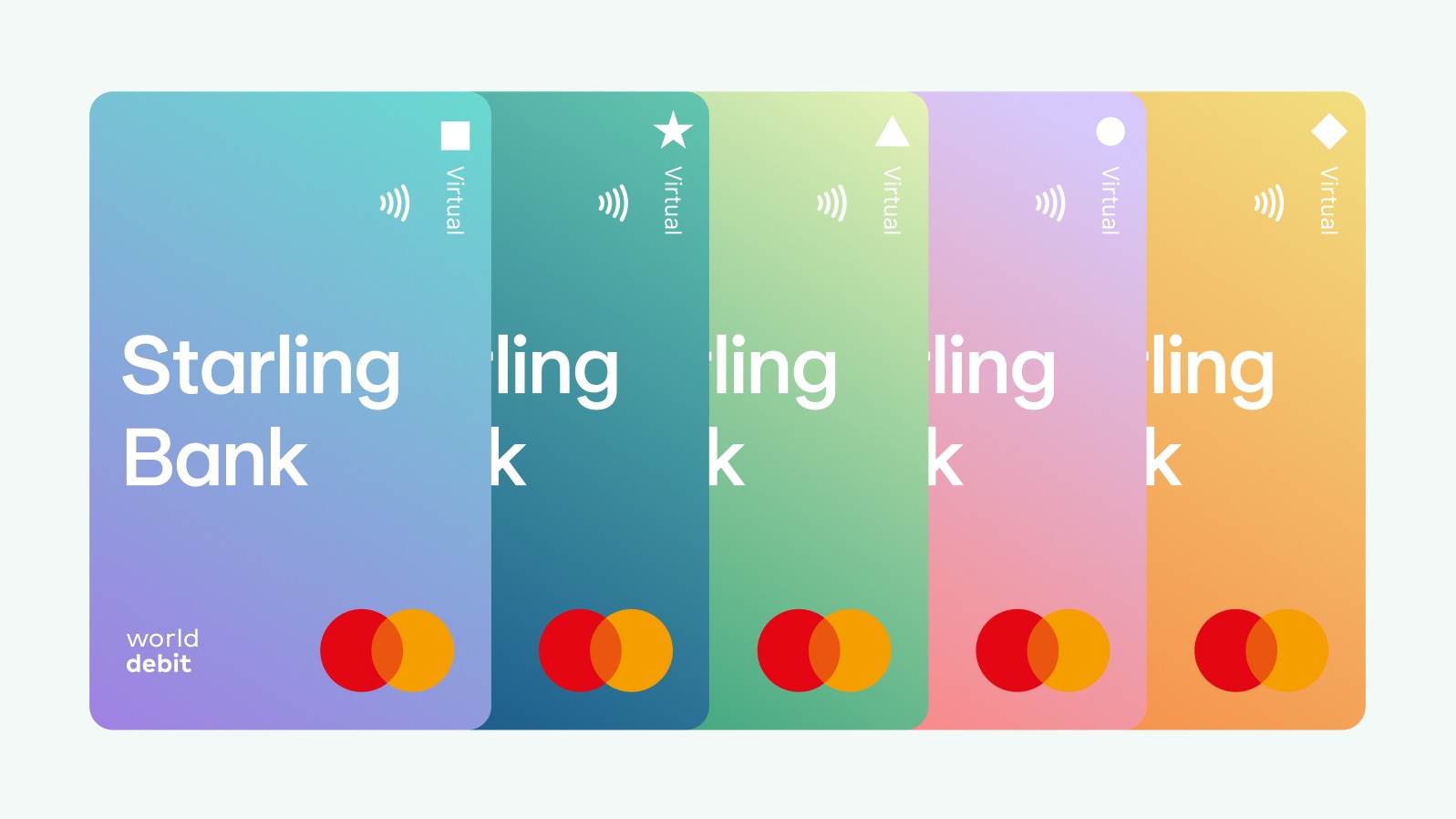Starling Bank has announced the launch of a new virtual card for its personal current account customers.
The virtual card works like a standard debit card for payments but is linked to a ‘saving space’ in the bank’s app, instead of the main account balance.
The saving space can be personalised, which the bank says gives customers more control over their budget.
When the savings budget is used up, the virtual card will decline instead of dipping into a customer's main balance.
Similar to physical cards, the virtual cards have a unique card number, expiry date and CVV.
Starling said that its customers can have up to five virtual cards at any one time.
“Our customers asked for virtual cards and we’ve delivered,” said Helen Bierton, chief banking officer, Starling Bank. “Virtual cards allow people to completely compartmentalise their personal finances for better control of their spending, making it easier to stick to budgets.”
The bank has also announced the redesign of its spending insights tool.
Customers are now able to analyse their spending from specific spaces on the platform, including having access to interactive graphs which track spending patterns.
The move marks Starling's second update to spending insights this year, after 36 new spending categories were added in June.
“We’re constantly thinking of how we can help our customers manage their money better," continued Bierton. "We’ve been busy building these new features, as well as our new Budget Planner, to help us continue this mission."
Starling recently announced a 20 per cent increase to headcount since the start of 2022 to more than 2,000 employees.
The bank said it plans to grow its headcount by a further 10 per cent before the year end.
Starling’s Cardiff office now has 1,000 employees, while 650 are based at its London office and 400 in Southampton.
New hires have bolstered Starling’s engineering, financial crime, customer service and card operations teams, which the bank plans to grow further to support its three million-plus customer accounts.
Latest News
-
Gemini to cut quarter of workforce and exit UK, EU and Australia as crypto slump forces retrenchment
-
Bank ABC’s mobile-only ila bank migrates to core banking platform
-
Visa launches platform to accelerate small business growth in US
-
NatWest to expand Accelerator programme to 50,000 members in 2026
-
BBVA joins European stablecoin coalition
-
eToro partners with Amundi to launch equity portfolio with exposure to ‘megatrends’
Creating value together: Strategic partnerships in the age of GCCs
As Global Capability Centres reshape the financial services landscape, one question stands out: how do leading banks balance in-house innovation with strategic partnerships to drive real transformation?
Data trust in the AI era: Building customer confidence through responsible banking
In the second episode of FStech’s three-part video podcast series sponsored by HCLTech, Sudip Lahiri, Executive Vice President & Head of Financial Services for Europe & UKI at HCLTech examines the critical relationship between data trust, transparency, and responsible AI implementation in financial services.
Banking's GenAI evolution: Beyond the hype, building the future
In the first episode of a three-part video podcast series sponsored by HCLTech, Sudip Lahiri, Executive Vice President & Head of Financial Services for Europe & UKI at HCLTech explores how financial institutions can navigate the transformative potential of Generative AI while building lasting foundations for innovation.
Beyond compliance: Building unshakeable operational resilience in financial services
In today's rapidly evolving financial landscape, operational resilience has become a critical focus for institutions worldwide. As regulatory requirements grow more complex and cyber threats, particularly ransomware, become increasingly sophisticated, financial services providers must adapt and strengthen their defences. The intersection of compliance, technology, and security presents both challenges and opportunities.
© 2019 Perspective Publishing Privacy & Cookies













Recent Stories